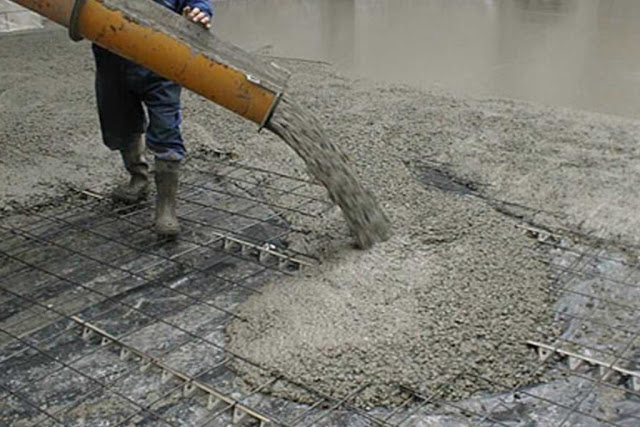According to a new study by The Freedonia Group, demand for cement and concrete additives in the Africa/Mideast region was $1.2 billion in 2021, accounting for 7% of global demand.
Additive use relative to cement consumption in the region is generally low by global standards:
Less developed construction sectors have limited chemical and fiber additive use, although demand for these products has grown substantially over the last decade.
Minerals are more frequently used as ingredients in blended cements than as additives.
There are a number of markets with higher additive use intensities, particularly more affluent markets such as Saudi Arabia and the UAE. Despite generally low intensity of use, the additive market is large in the aggregate since the region comprises about 80 countries and over 1.7 billion people.
- Chemical additives will remain the largest product category, with demand boosted by the need for high-performance cement in oilfield and mining operations in countries such as Saudi Arabia and the UAE. Water reducers will find widespread use, most notably in North Africa and the Middle East, where high temperatures can result in fast setting times for concrete.
- The lower cost and relative ease of use will support demand for mineral additives, particularly in countries with less developed construction industries and those that use high levels of portland cement – including Egypt, Nigeria, and the UAE.
- The planned construction of over one thousand coal-fired plants in the next decade will ensure the availability of fly ash in the region.
- Steel plants are also under construction in the region, and these will eventually produce supplies of blast furnace slag.
- The planned construction of over one thousand coal-fired plants in the next decade will ensure the availability of fly ash in the region.
- Fibers will continue to account for a small share of demand since their high costs and the lack of regional temperature swings limit utilization.
Also Read
Cameroon’s Kribi power plant undergoes systems upgrade
Nigeria’s Lekki Port 95% complete, management says

